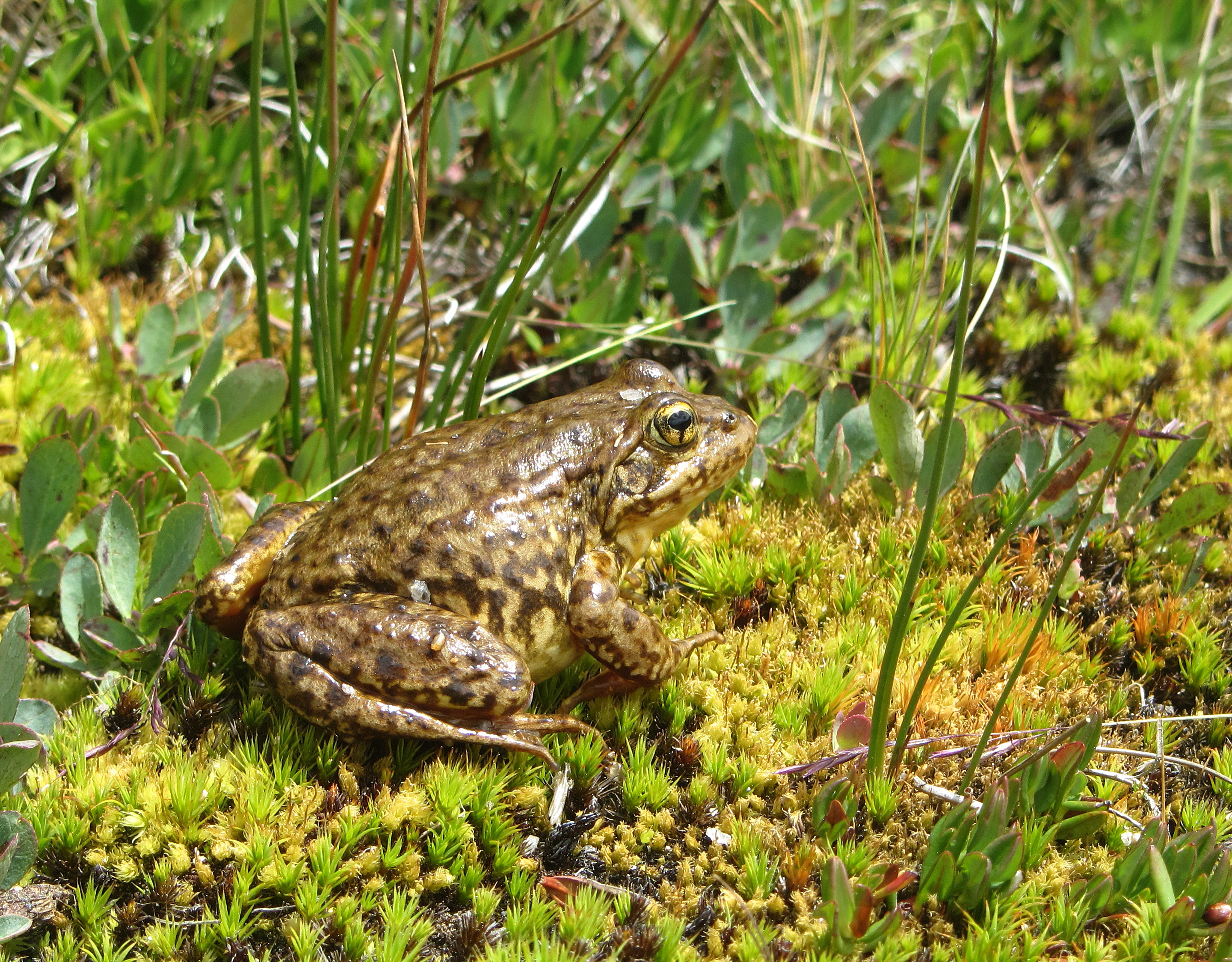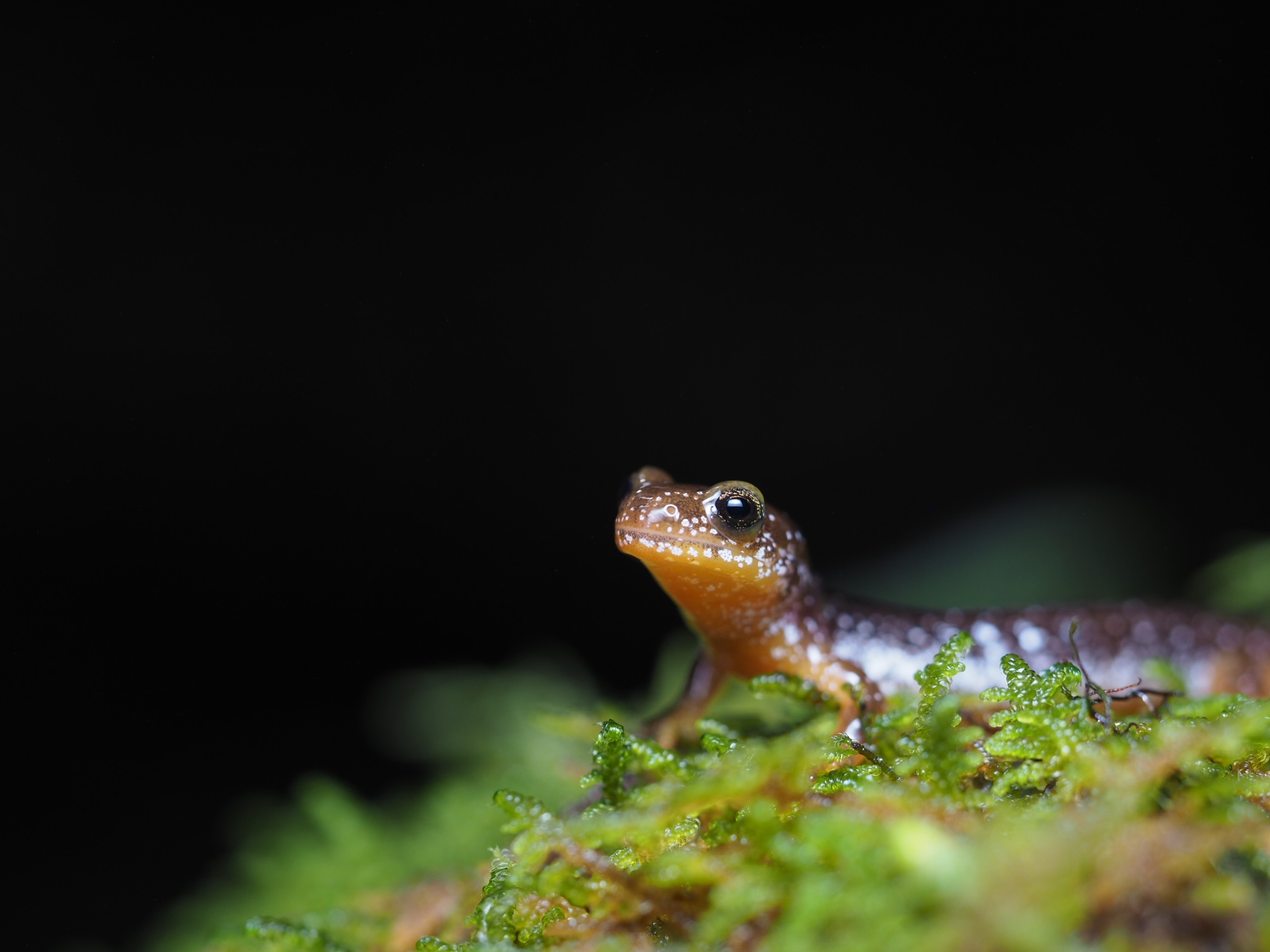The Importance of Amphibians
Amphibians - frogs, toads, salamanders - are a critical part of nature as both predator and prey. Many species of amphibians migrate to new habitat and breeding locations during the spring and summer months and often at night. They eat insect pests which is a benefit to agriculture and help control mosquitos which benefits human health. Their moist, permeable skin makes amphibians vulnerable to drought and toxic substances, so they are exceptional indicators of ecosystem health. The health of important ecosystems, including forests and wetlands that provide habitat for amphibians, contributes billions of dollars to the economy by supporting the fishing and timber industries and recreation.
Amphibians are also an important part of the food chain, providing food resources for numerous animals from snakes to raptors. In some parts of the U.S., frogs are also harvested for human consumption and many people enjoy listening for frogs on a summer’s night as they are greeted by a chorus of sounds coming from multiple species’ frog calls.


